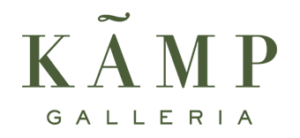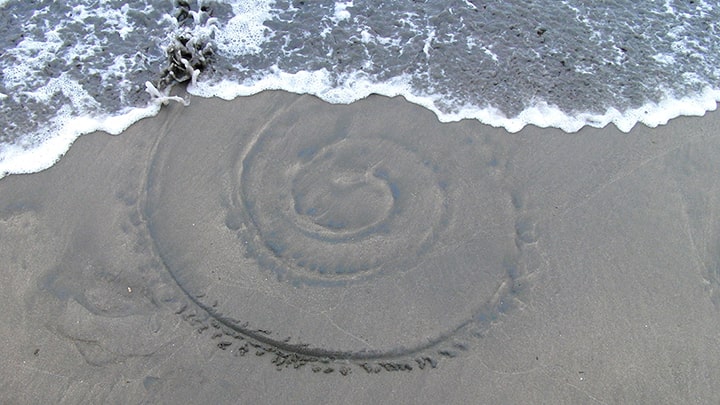Sanna Saastamoinen-Barrois & Moi Namaste Pop-up at Garden Room
Sanna Saastamoinen-Barrois’s patterns have always been geometrical forms inspired by Nordic landscapes. Moi Namaste’s work is to create avenues for livelihood for artisans across India, especially women.
Influenced by Sanna’s work and values, Moi Namaste proposed to mix the two worlds together. The result is SUNCHASE, a holistic street couture collection. Weaving Nordic landscapes in geometrical shapes with Indian ancestral know-how. Colours, and the dynamic, contemporary, forward-going energy found in the streets of India.
The limited edition collection is crafted in equal partnership with Saheli Women (in Rajasthan, India) using hand-block printed fabrics.
Sanna immersed in the production process during the month of January 2023, lived and captured the everyday lives of Saheli Women in India.
Part of Sanna’s ongoing design laboratory, selected pieces of fashion & photography will be showcased from 4th to 27th April 2023. The pieces are exclusively at Kämp Galleria during this time period.
Opening hours:
Monday-Saturday 11 am – 6 pm
Sunday 12 pm – 5 pm
More information:
Instagram: @moi.namaste
Oniline: moinamaste.com




